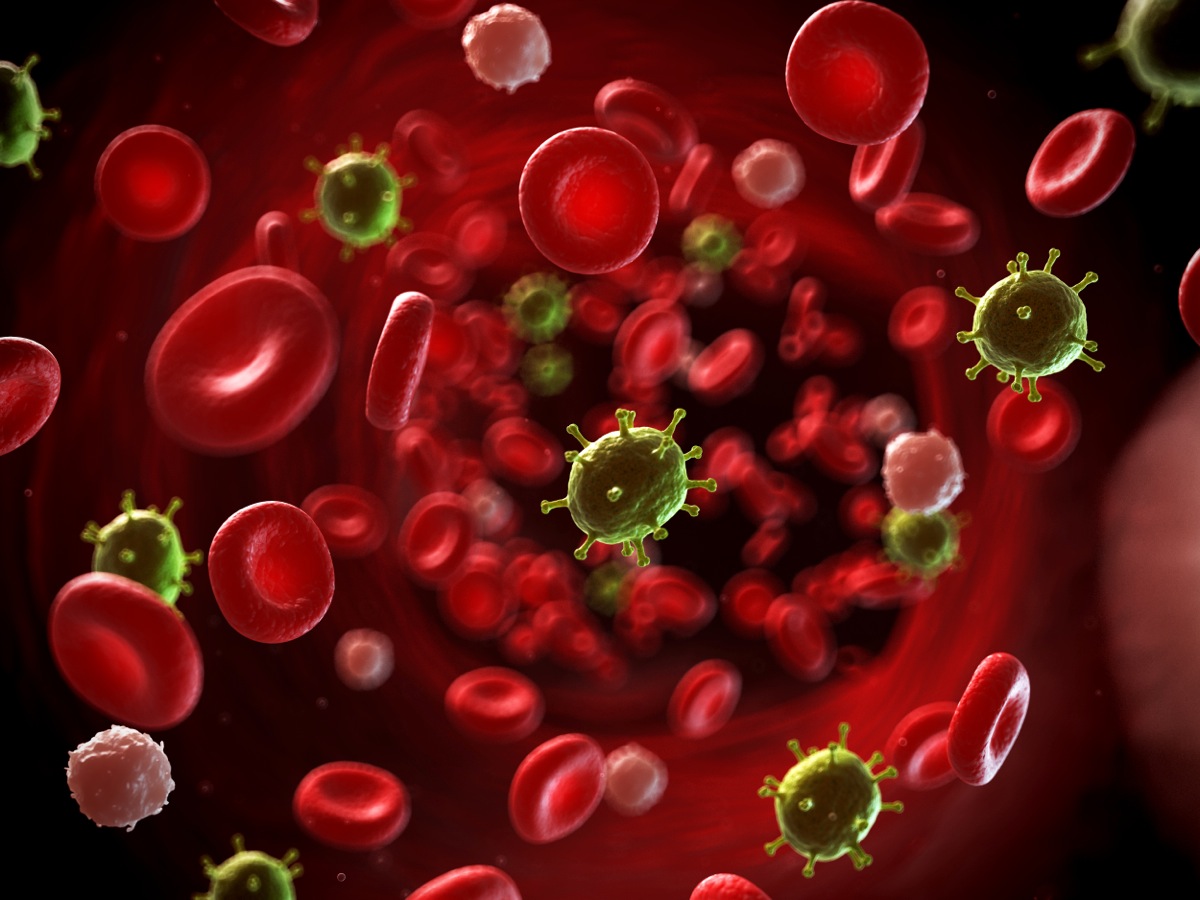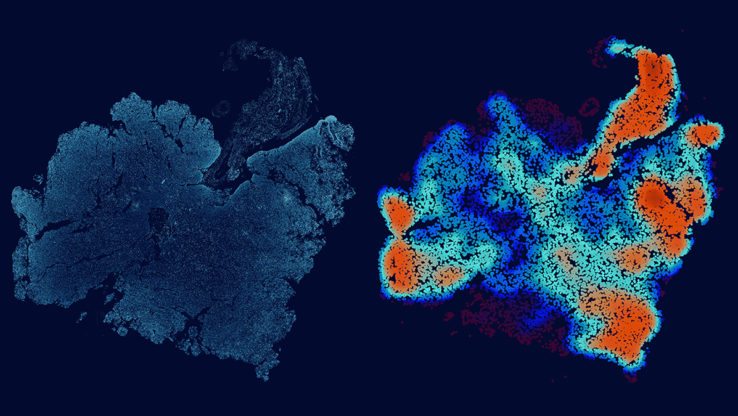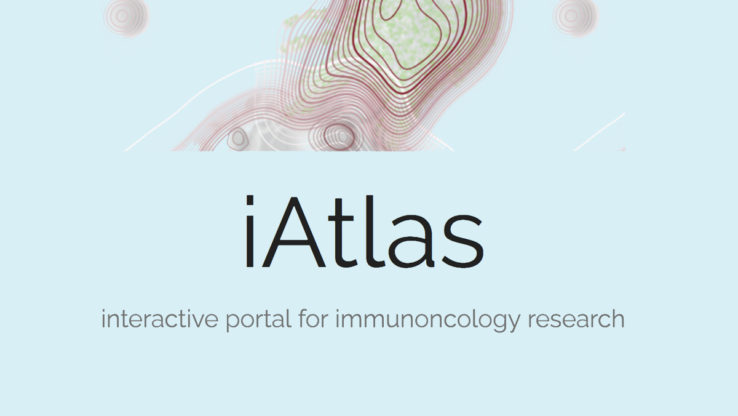When it comes to determining whether lung nodules are benign, a patient typically faces surgery and a biopsy. It’s an invasive and costly response, and, in 80 percent of cases, unnecessary. But a new study published today in Science Translational Medicine suggests that a blood test could save countless patients from the trauma of surgery. The report discusses a 13-blood-biomarker panel that may help identify lung nodules that are benign. (Read the full press release and paper “A Blood-Based Proteomic Classifier for the Molecular Characterization of Pulmonary Nodules.”)
Indi (Integrated Diagnostics) and Institute for Systems Biology (ISB) collaborated on the research. Indi is a spinout company of ISB and was co-founded by Dr. Lee Hood, who is president of ISB. In the video below, Dr. Hood talks about some of the background of how Indi was created and the significance of the technology. It’s based on using mass spectrometry to detect proteins in the blood. Dr. Hood explains that using “blood as a window” will allow doctors and researchers to accomplish the following:
- We will be able to distinguish normal from diseased individuals.
- In most cases, we’ll be able to diagnose the disease very early.
- We will be able to follow the progression of disease.
- We will be able to follow the response to the therapy and how effective it is.
- We can take the disease such as lung cancer and stratify it into its different subgroups, which will be very important in the future in order to match the subtype with the proper therapeutic reagent.
Learn more about Indi.
Learn more about Institute for Systems Biology.



 isbscience.org/research/blood-test-helps-identify-benign-lung-nodules/
isbscience.org/research/blood-test-helps-identify-benign-lung-nodules/








